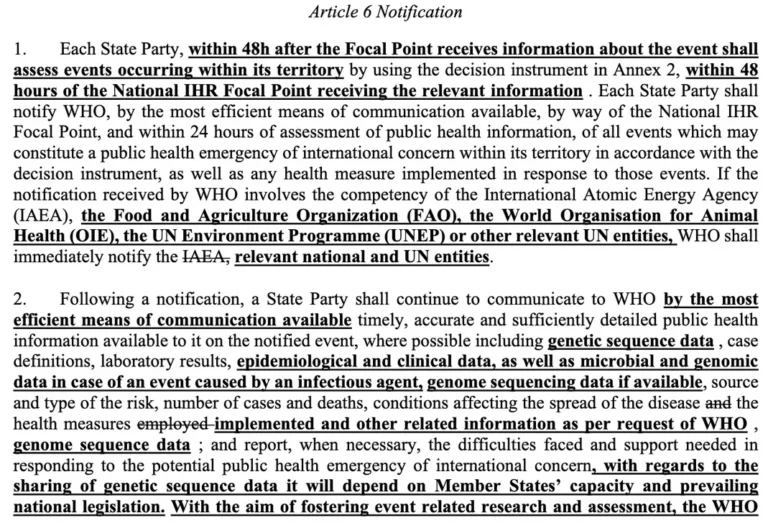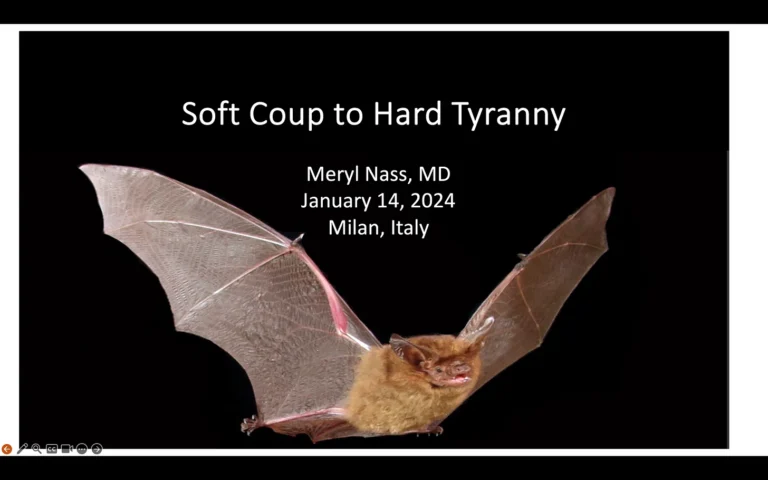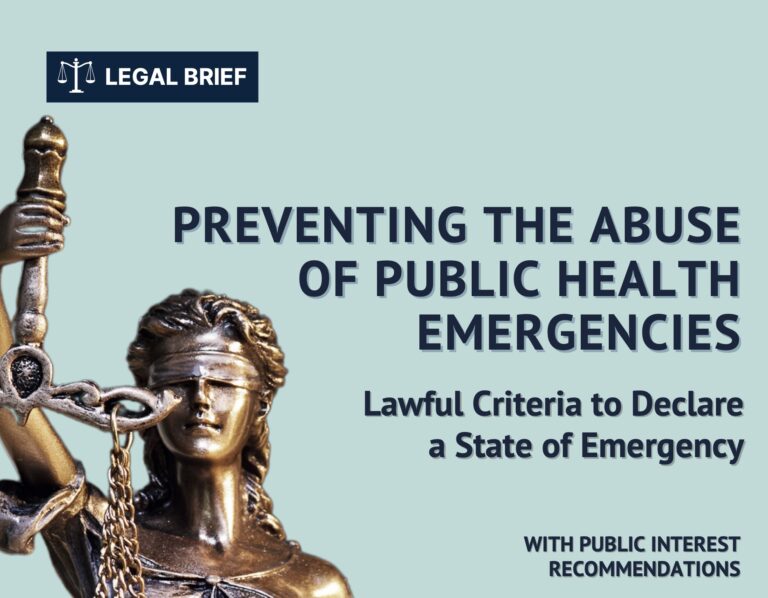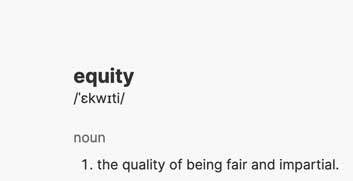This article is a repost with permission from the author.
A September 2 draft revision of Vermont State Board of Education guidelines would provide confidential gender identity and transition counseling to public school students.
The proposed new policy rests on top of a framework of existing policies which specifically forbid teachers to share gender identity discussions with parents without the student’s consent.
These state policies seem to promote a form of pseudo-abstinence for youth, but also embrace controversial theories about gender identity.
For example, the August, 2021 Essential Topics in Sexual Health Education developed by the Vermont Sexual Health Stakeholders Group – a collaboration of Planned Parenthood, trans advocacy group Outright Vermont, the Vermont Dept. of Health, the Agency of Education, and others – recommends children be guided to select their own values and goals regarding whether and when to engage in sexual activities.
Among those acceptable values and goals is transgenderism. A teaching known by its advocates as “queer theory” posits that there are an infinite number of elective “gender identities.” Queer theory is being taught to young Vermont schoolchildren.
Vermont public schools have concluded that transgenderism is a concrete, concluded determination to be unleashed upon children. This relatively recent ideological view says children can decide from an early age that their “gender” differs from their biological sex. Not all scientists and psychologists agree:
As the trans rights movement has gained mainstream attention in the past half decade or so, some have debated the legitimacy of the marginalized group’s experiences. Some have controversially argued that teaching children about trans issues is confusing, that children shouldn’t be allowed to transition, or that doing so perpetuates damaging gender stereotypes….
It is confusing to teach kindergarten children about a gender spectrum, when even adults can’t agree on the “science,” and proponents have not finished spinning the dial on the range of gender selections. Transgenderism differs from homosexuality in that children can change their minds later about sexual orientation, but gender hormones and/or surgeries are becoming increasingly common, and are irreversible. This raises the stakes for all involved.
Opponents argue that gender dysphoria can have psychological root causes that require careful clinical assessment. They say children may grow out of it. They say children lack the cognitive development to make such irrevocable life-changing decisions. One pediatric neurosurgeon with 35 years of experience recently observed that biological sex is not a social construct “assigned” at birth:
Sexual identity is established at conception, it is binary (we are either male or female), and it is permanent. Sexual identity is recognized at birth. Sexual identity never changes and can never change. ….Gender ideology is a political ideology, not medical science, and it has no place in medical practice. The medical profession needs to renounce gender medicine and the ideologues who practice it, and we need to protect confused and suffering children from physical harm at the hands of their deeply misguided doctors.
One early study suggested that the root cause of gender dysphoria might be the mental health issues of these children’s mothers (….for the boys who identified as girls, 53% of their mothers had Borderline Personality Disorders). Other studies have shown for decades that 65-94% of children eventually cease to identify as transgender (called “desistance”).
The rapid, clustered explosion of gender dysphoria in children, especially adolescents, led a Brown University study to hypothesize that gender dysphoria could be due to peer pressure or online influences, something called “rapid onset gender dysphoria.” The study was initially pulled due to ideological pushback by activists, but subsequently a revised study was approved which concluded:
….the findings suggest that not all AYAs [adolescents and young adults] presenting at these vulnerable ages are correct in their self-assessment of the cause of their symptoms and some AYAs may be employing a drive to transition as a maladaptive coping mechanism. It may be difficult to distinguish if an AYA’s declining mental health is occurring due to the use of a maladaptive coping mechanism, due to the worsening of a pre-existing (or onset of a new) psychiatric condition, or due to conflict with parents. …. Further study of maladaptive coping mechanisms, psychiatric conditions and family dynamics in the context of gender dysphoria and mental health would be an especially valuable contribution to better understand how to treat youth with gender dysphoria.
Vermont public schools are neither waiting for further studies nor pausing recommendation of gender hormone “therapies.” They have unilaterally decided that children should be free to embrace their “preferred” genders.
Vermont’s September 2, 2022 Draft State Board of Education Manual of Rules and Practices is being amended to guarantee that “access to professional counseling on gender identity and gender transition shall be made available in a confidential manner to students in each school.” (p. 20). The State’s August 2021 “Essential Topics in Sexual Health Education” provides:
Prepare for disclosures from gender and sexual minority youth who may “come out” to you during and after class. Ensure that you do not disclose this information to others (their parents or other teachers and students) without their consent. (p. 5) ….LGBTQ+ youth are at higher risk for negative sexual and other health outcomes. It is important to recognize that this is often due to the systems, beliefs, and behaviors that marginalize them, not due to their identities in and of themselves. (p. 6).
According to the State of Vermont, it is other people’s “beliefs and behaviors” that cause unspecified “negative sexual outcomes” for transgender youth, even as science and studies cannot even ascertain yet how many supposed genders there are, or whether transgenderism in children is transitory and influenced by social peer groups. Proposed House Bill 659 would even authorize secret gender hormone therapies for children of any age, without parental consent.
“Essential practices” is quite thorough, including advising children how to employ uncommon “dental dams”:
Dental dams may not be a commonly used barrier method. They are still vitally important for young people to learn about. ….dams can be used for oral sex on a vulva or oral sex on an anus; saran wrap can be used in place of a dental dam. (p. 22).
Vermont “stakeholders” have decided that being educated about how to use saran wrap for oral sex on an anus is “vitally important for young people.” They have also decided to reeducate teachers about language.
In “Full Spectrum: Educators’ Guide to Implementing LGBTQ+ Inclusive Sex Ed,” teachers are advised to use the term “people with uteruses” rather than “girls” (p. 5); that it is exclusive of trans students to refer to “biological sex” instead of the phrase “sex assigned at birth” (derived from unproved, controversial gender “theory”), and “male” and “female” reproductive systems rather than “body-first language” to describe anatomy (“people with penises” and “people with vaginas”) (p. 6). This is termed “developmentally-informed content,” and teachers are instructed to “Ask students to “suspend their disbelief” for situations where they might have to role play or analyze a situation as a different gender or sexual identity.” (p. 5).
Vermont’s “askable adult” program advocates for adults (“one who is approachable and easy for children and youth to talk to about anything that is on their mind”) to interact with children outside of family contact:
Askable adults are committed to having strong, effective, and affirming relationships with youth using positive communication to develop trust and connectedness.
Askable adults often have a similar racial/ethnic or sexual identity as the young person, or common background experience.
Youth want to talk to adults about their everyday lives and school and family struggles. They are eager to connect about drugs and alcohol; sexuality and gender; relationships, love and sex; abuse and divorce; college, jobs, money, cars and life skills.
For many Vermont parents, having their children role play to imagine themselves as a different gender or as gay is a bit more avant-garde than is “vitally important” for children. Instead it may seem like sexual grooming, especially when there is no stated age limit for this experimental sexual indoctrination, and adults who have “similar sexual identity” are encouraged to talk confidentially with other people’s children about sex, drugs, and gender.








